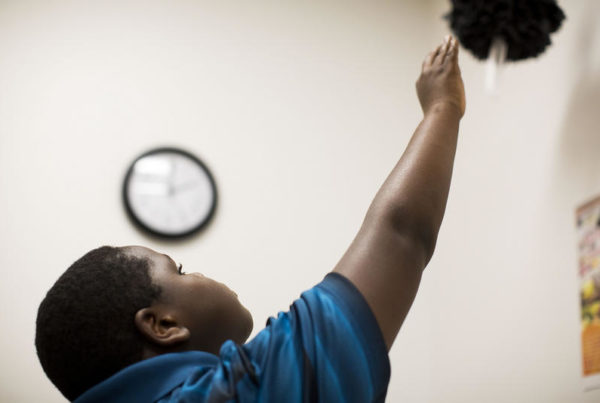The Texas Legislature will have to work some budget magic in the years to come, considering that education is normally the first thing to be cut to balance the budget. But after a 2016 audit of state special education funding found students have been shortchanged, the Texas Education Agency must increase spending by $3.2 billion to cover past deficiencies.
In 2016, an investigative report by the Houston Chronicle exposed what is effectively an illegal cap to the percentage of students who can receive special education services. The TEA implemented an 8.5 percent cap on students from 2004 to May 2018, saysAlejandra Matos, politics and government reporter for the Houston Chronicle’s Austin bureau, .
Now that the cap has been removed, the $3.2 billion means that “as we get closer to the national average of the number of students receiving special education – which is about 13 percent – then this is the money that is going to be needed to provide those services,” she says.
She says that by 2021, the number of Texas students estimated to need special education services by TEA will be 189,000, bumping percentages up to 12.3 percent.
But the question of where the state will come up with the extra $3.2 billion remains uncertain. The state also must come up with $2.2 billion for Hurricane Harvey recovery and $2.5 billion for Medicaid, Matos says. But despite the multi-billion dollar price tag for special ed, she says it’s still just a slice of the legislative budget.
“It’s a big increase.” she says. “Special education is very expensive but in the larger scheme of the budget, it’s a fraction of it. It’s going to be a big question as to show much the state pays and how much comes from local districts, too.”
School districts, however are already stretching their budget. So meeting these new demands without the states help will be challenging, she says.















